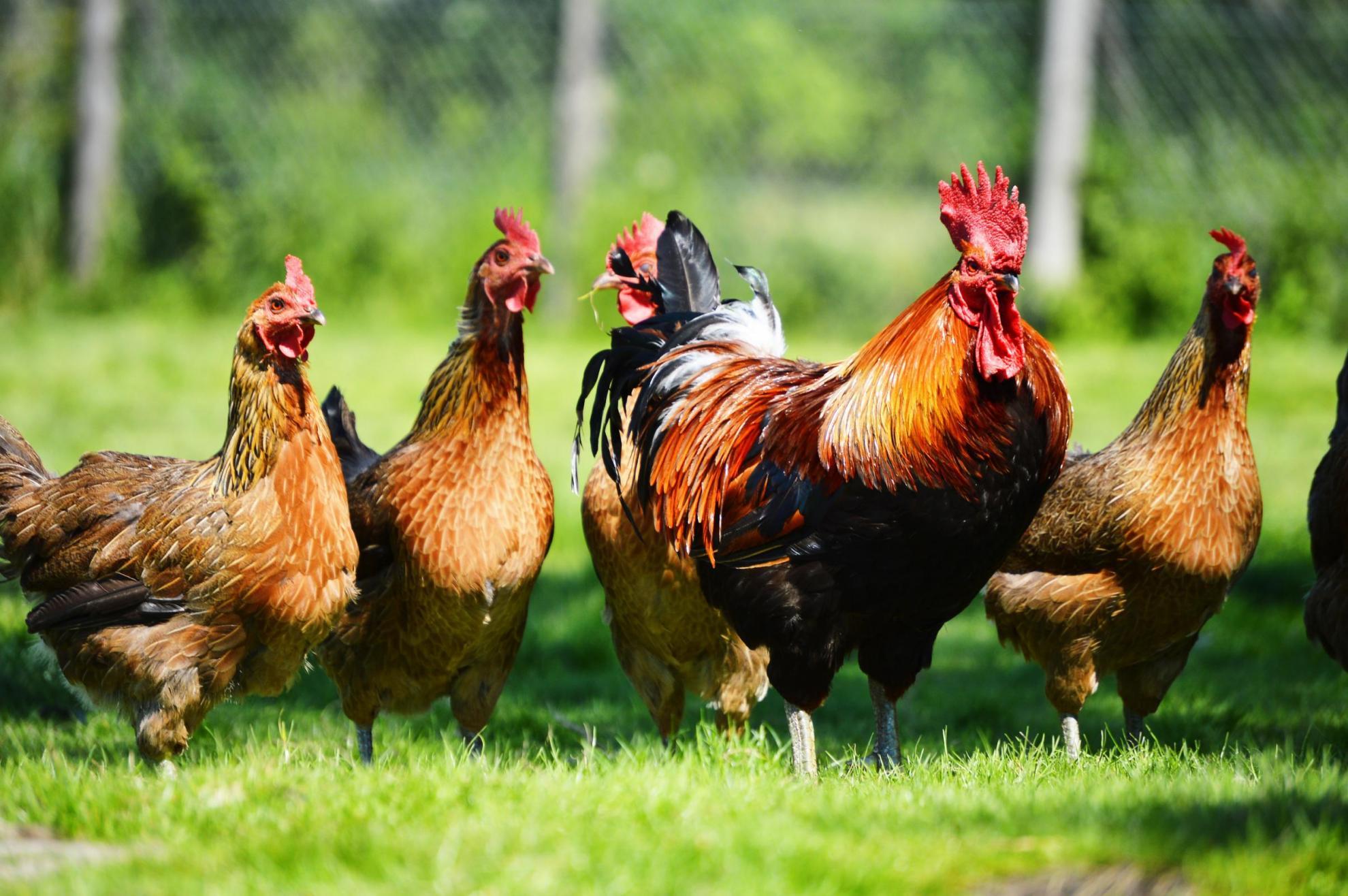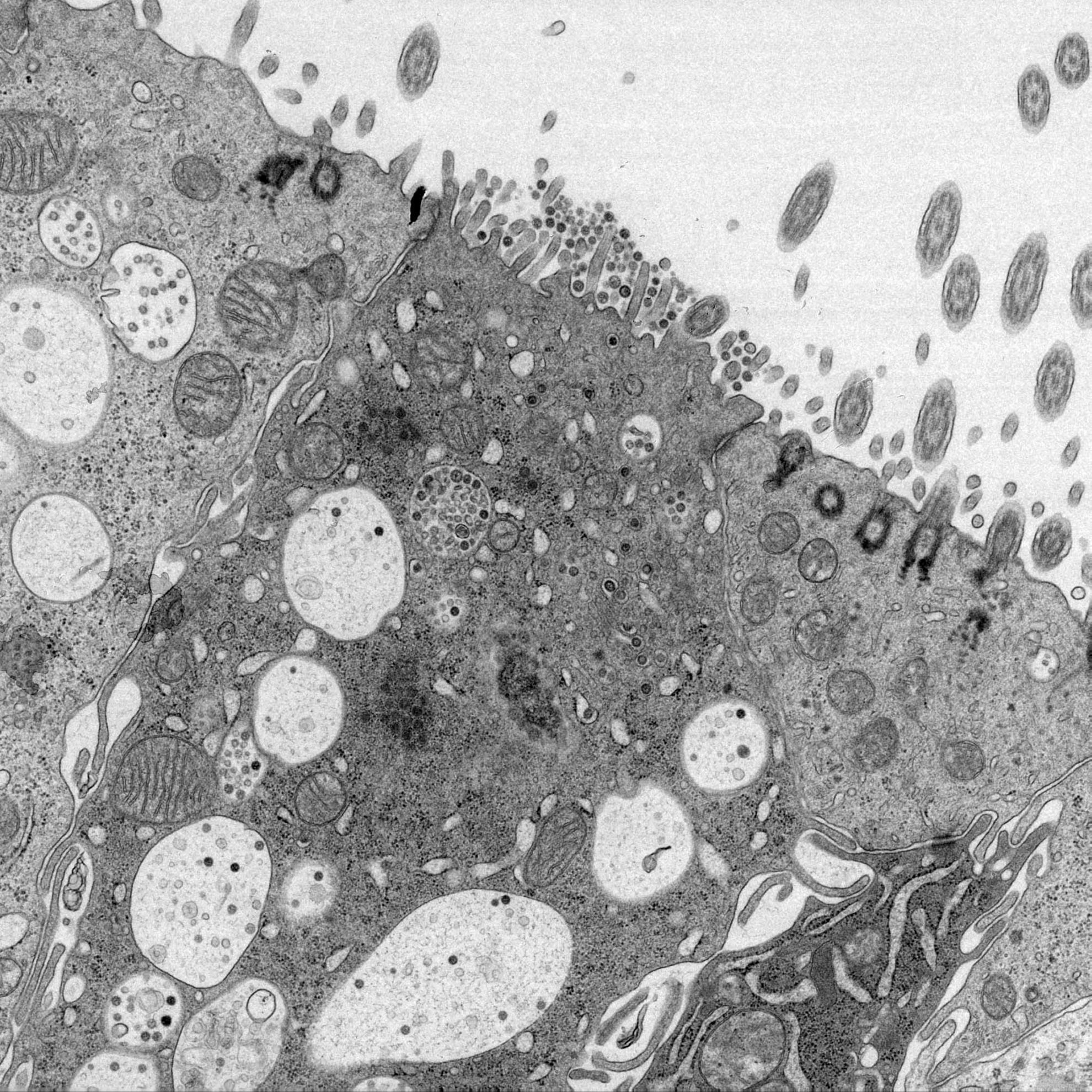Phylogeny and S1 gene variation of infectious bronchitis virus detected in broilers and layers in Turkey
The avian coronavirus Infectious Bronchitis Virus (AvCoV-IBV) is recognized as an important global pathogen since new variants are a continuous threat to the poultry industry worldwide. The aim of this study was to investigate the genetic origin and diversity of AvCoV-IBV by analysis of the S1 sequence derived from 49 broiler flocks and 14 layer flocks in different regions of Turkey. AvCoV-IBV RNA was detected in 41 (83.6%) broiler flocks and nine (64.2%) of the layer flocks by TaqMan real-time RT-PCR. In addition, AvCoV-IBV RNA was detected in the tracheas 27/30 (90%), lungs 31/49 (62.2 %), caecal tonsils 7/ 22 (31.8 %) and kidneys 4/49 (8.1 %) of broiler flocks examined. Pathological lesions, haemorrhages and mononuclear infiltrations, were predominantly observed in tracheas and to a lesser extend in the lungs and a few in kidneys. A phylogenetic tree based on partial S1 sequences of the AvCoV-IBVs detected (including isolates) revealed that (i) viruses detected in five broiler flocks were similar to the IBV vaccines Ma5, H120, M41; (ii) viruses detected in 24 broiler flocks were similar to those previously reported from Turkey and to Israel variant-2 strains; (iii) viruses detected in seven layer flocks were different from those found in any of the broiler flocks but similar to viruses previously reported from Iran, India and China (similar to Israel variant-1 and 4/91 serotypes); and (iv) that the AVCoV-IBV, Israeli variant-2 strain, found to be circulating in Turkey appears to be undergoing molecular evolution. In conclusion, genetically different AvCoV_IBV strains, including vaccine-like strains, based on their partial S1 sequence, are circulating in broiler and layer chicken flocks in Turkey and that the Israeli variant-2 strain is undergoing evolution.

